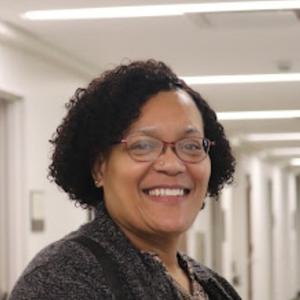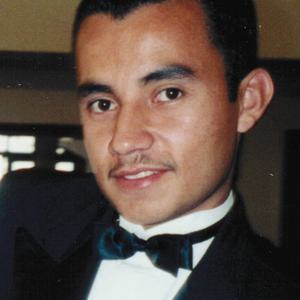
Attorneys for Texas death row inmate Max Soffar, who is dying of liver cancer, continue to seek a reversal of his case, even though judicial action — if it comes — may be too late. Soffar maintains his innocence in the 1980 murders of three people during a bowling alley robbery. The sole evidence against Soffar is a confession he signed after three days of unrecorded interrogation that is inconsistent with the facts of the case and, he maintains, is false. The confession also does not match the account of the murders provided by a man who survived the shooting. No physical evidence links Soffar to the crime and Soffar has presented evidence that another man, a serial killer, was much more likely to have committed the murders. Governor Rick Perry rejected a clemency petition last year that sought to allow Soffar to spend his last days at home. The Texas Board of Pardons and Paroles said that Soffar isn’t eligible for clemency because there is no warrant for his execution. Andrew Horne, one of Soffar’s attorneys, said, “Justice is where there’s a fair system that was followed and offered an outcome that was rational. To me, Max is an injustice because there was never a fair system, and the outcome was completely irrational.”
(M. Berryhill, “The lost appeals of Max Soffar,” Houston Chronicle, April 3, 2015.) See Innocence and Clemency.
Innocence
Mar 20, 2025

